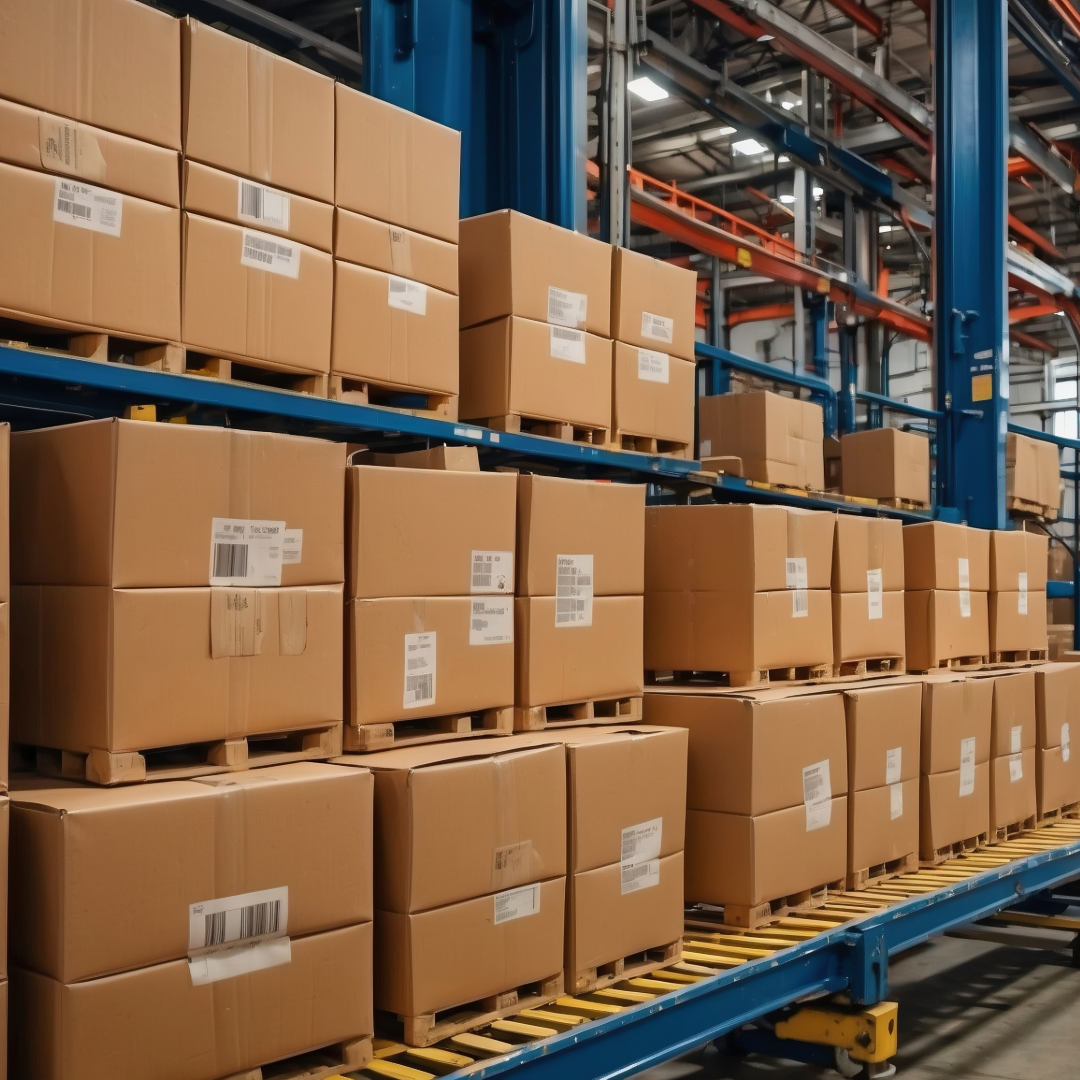Commercial packaging in Spain: New system participation obligation from 2025




From 2025, one crucial point will change for companies that ship goods to Spain: commercial packaging will also be subject to system participation from January 2025. While this obligation previously only applied to household packaging, commercial and industrial packaging will also be affected from next year.
In this article, we explain what this means for you and what steps you can take now so that you can prepare in good time and fulfil all the new requirements.
What is covered by commercial packaging?
From 2025, not only household packaging but also commercial packaging will be subject to system participation in Spain. But what is actually meant by commercial packaging? Basically, this is packaging that is used in various economic sectors and that does not end up directly with end consumers. In Spain, a distinction is made between two categories:
- Commercial packaging: This packaging is intended for use in wholesale and retail, catering, offices, markets and the rest of the service sector. An example of this would be packaging used to store food in restaurants or to display goods in retail outlets.
- Industrial packaging: This is packaging that is used in the performance of an economic activity in industry, agriculture, livestock farming, forestry or aquaculture. This includes, for example, packaging used for the storage and transport of raw materials or products in factories or agricultural businesses.
Who is affected by the system participation obligation?
Companies that import or use these types of packaging in Spain will be subject to special registration and system participation obligations from 2025. This applies to Spanish manufacturers as well as international retailers and importers.
The decisive factor here is that the responsibility does not automatically lie with the importers, as is the case in many other European countries, but with those who import the packaging into Spain for the first time or place it on the market there.
This means that companies exporting goods or products to Spain must ensure that their packaging is properly registered and fulfils all legal requirements. If this is not the case, the Spanish recipients of the goods are liable as so-called ‘subsidiary responsible parties’. This peculiarity sets Spain apart from other EU countries and makes it necessary to scrutinise its own supply chain.
The role of the NIF number
In order to fulfil the new regulations for commercial packaging in Spain, companies must register with the Spanish authorities. The NIF number (Número de Identificación Fiscal), which is required as a tax identification number for registration, plays a central role here. You must provide your NIF number for the registration process with the relevant authorities, such as the Spanish Ministry of the Environment via the manufacturer register. After successful registration, you will receive an EPR number (Extended Producer Responsibility), which must then be noted on invoices and other business documents.
Practical tips about your obligations in Spain
To help you prepare for the new regulations for commercial packaging in Spain, here are some practical tips:
- Register early: Registering in good time prevents potential bottlenecks and enables smooth implementation of the new obligations.
- Know your packaging: Get an overview of what types of packaging you import into Spain or use there. Clarify whether it is commercial or industrial packaging in order to take the right measures.
- Coordinate with partners: If you work with local partners or service providers, make sure they are aware of the new requirements and take all the necessary steps as well.
- Compliance monitoring: Implement internal control processes to ensure that all requirements are met.
- Seek advice: As Spain has specific requirements for commercial packaging, it can be helpful to seek advice to ensure that you implement all requirements correctly.
This way, you can ensure that you fulfil the new regulations in Spain without any problems and avoid possible penalties. Does it all sound complex? No problem! Simply hand over your obligations in Spain to us!

LIZENZERO.EU makes packaging compliance in Europe very easy.
Do you ship your products to different countries in the EU? Many different legal requirements and obligations can make the whole thing quite complicated – but don’t worry, we’ll do it for you. How do we do it? With our licensing service, we take over all obligations for you by power of attorney. Sounds good? We’ll be happy to advise you.
For shipping to Germany, you can easily fulfill your packaging obligations yourself via Lizenzero.de.
EPR in Croatia: What exporters need to know
If you’re selling or shipping products to Croatia, there’s one topic you can’t ignore: Extended Producer Responsibility (EPR). This regulation requires companies to take responsibility for the entire lifecycle of their products. And it’s not just aimed at businesses based in Croatia – EPR also applies to exporters from the EU and abroad.
EPR in Switzerland – Recycling for businesses
Clear EPR obligations already apply in many European countries. Manufacturers and retailers are responsible for the entire life cycle of their packaging and must register with the relevant national systems and pay licence fees. But what is the situation in Switzerland?
EPR UK: current obligations for retailers in relation to packaging
Extended Producer Responsibility (EPR) is a European regulation that makes manufacturers, importers and companies responsible for the life cycle of their products and packaging in accordance with the polluter-pays principle. EU countries can interpret the EPR regulations differently, which is why your obligations may vary from country to country. If you are shipping goods to the UK, you should therefore familiarize yourself with the exact regulations in the country in advance in order to avoid sanctions and be compliant. In the following article, we will give you an overview of the current EPR obligations in the UK and take a look at upcoming changes.




